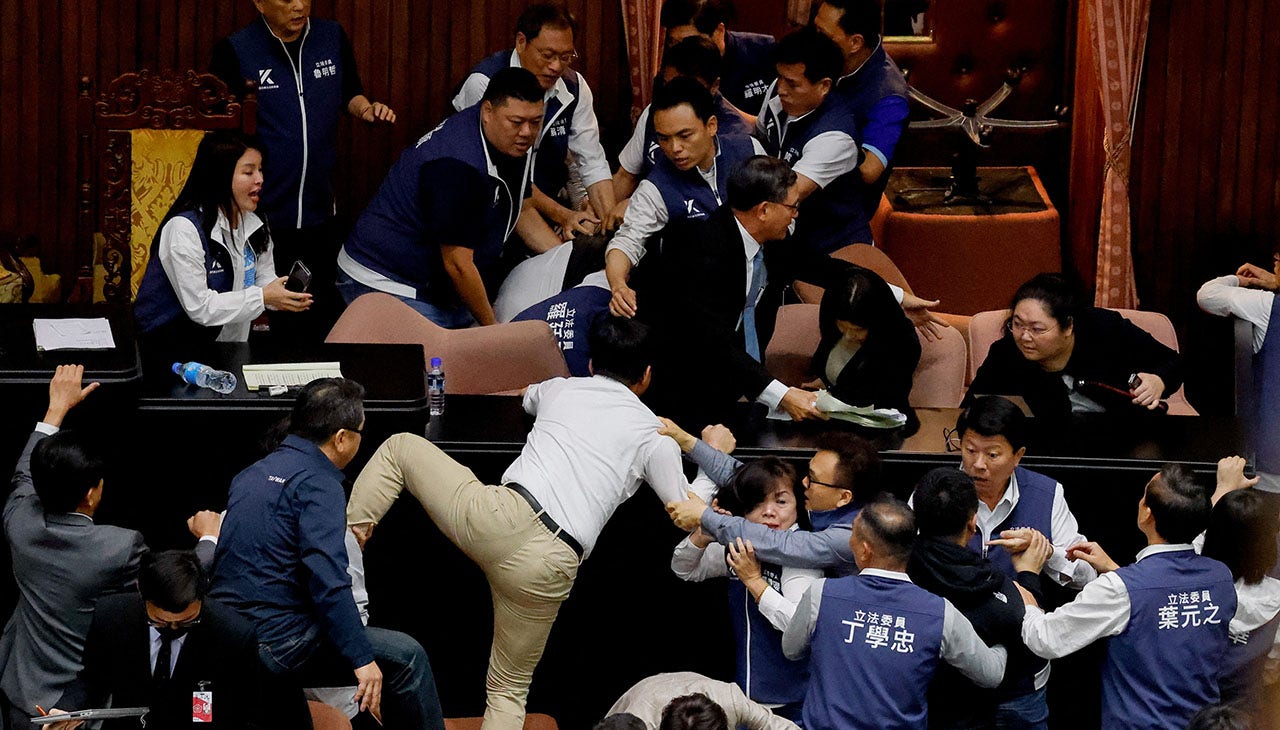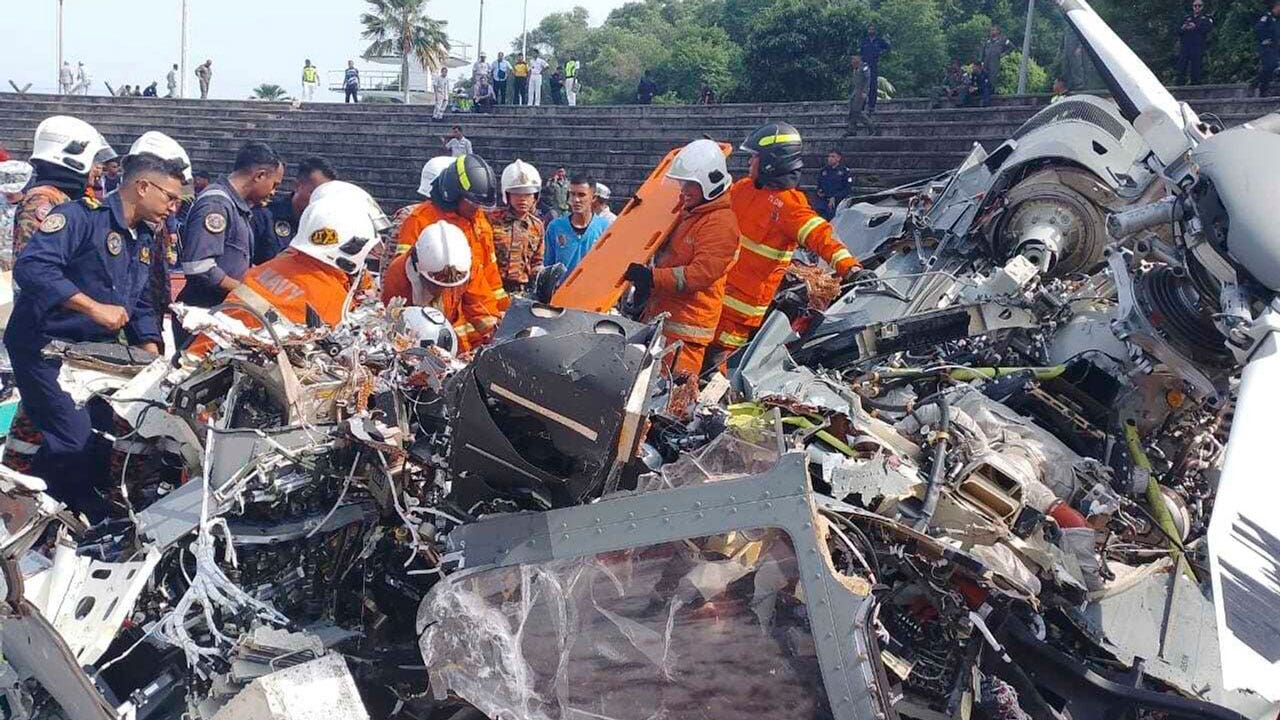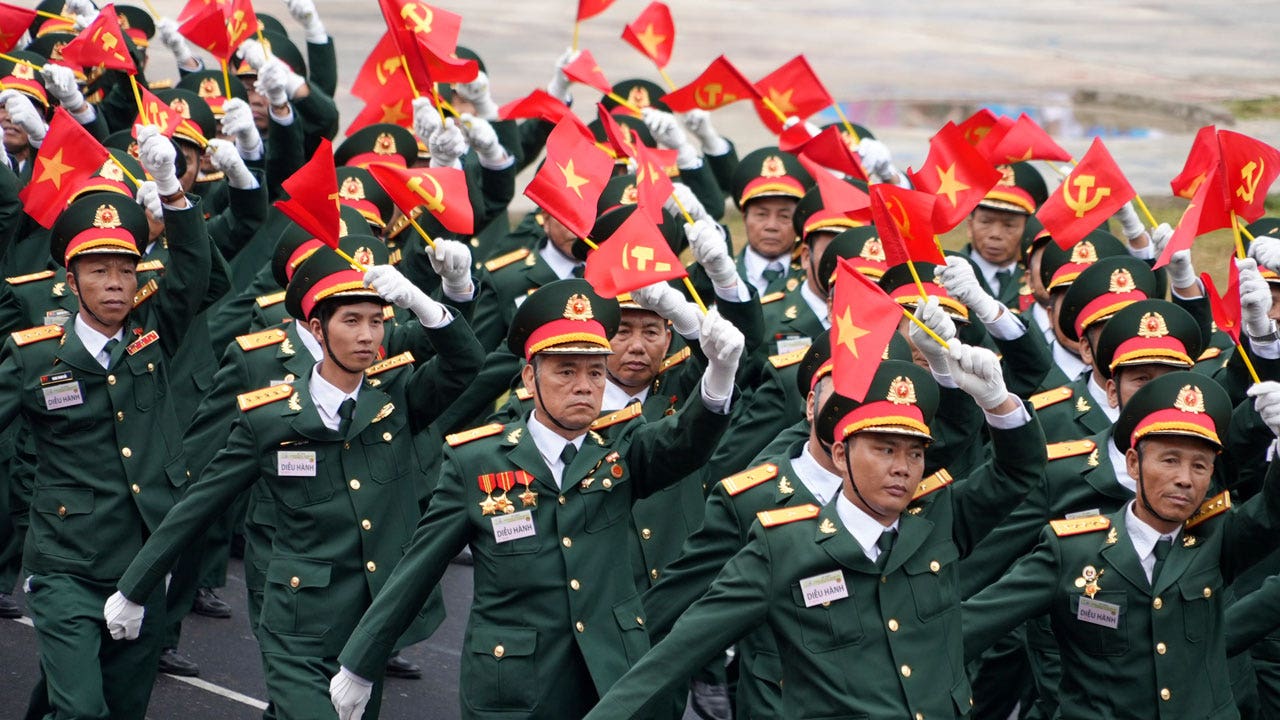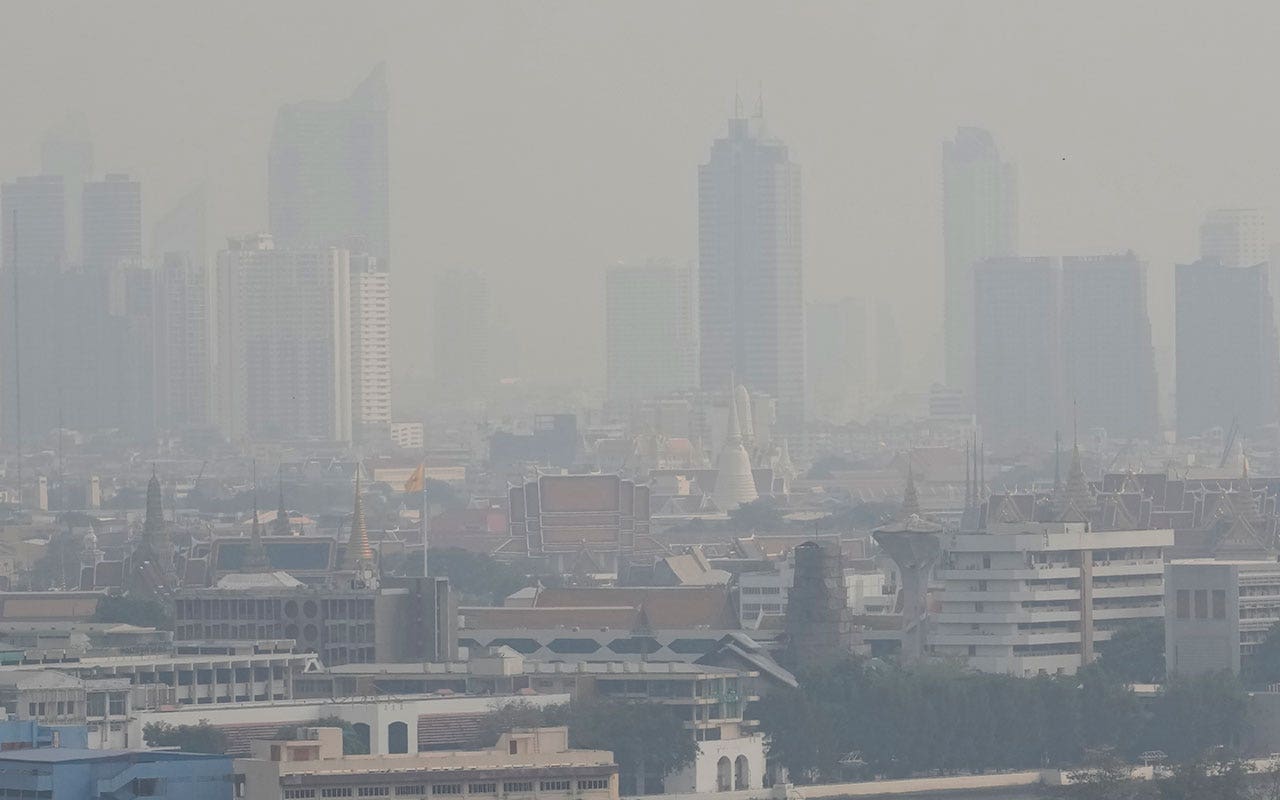A helicopter carrying Iran’s president crashed
A helicopter carrying President Ebrahim Raisi of Iran crashed in a remote part of the country yesterday, according to state media. The helicopter — which was also carrying the foreign minister, Hossein Amir Abdollahian — has not yet been found.
Here’s the latest.
It was not immediately known what caused the crash. State news reported that an enormous operation involving at least 20 search-and-rescue teams was underway, but that inclement weather was hampering the effort.
A delegation of ministers traveled with him in a convoy of three helicopters, state media reported, adding that the other two had reached their destinations.
Context: The crash came at a delicate moment for international relations — just days after senior U.S. and Iranian officials held talks through intermediaries to try to tamp down the threat of a wider conflict in the Middle East.
Raisi: He is the second most powerful individual in Iran’s political structure after the supreme leader, Ayatollah Ali Khamenei. Many analysts believed he was being groomed to become the next supreme leader.
Next steps: Iran’s law stipulates that if the president dies, power is transferred to the first vice president and that an election must be called within six months. The first vice president is Mohammad Mokhber, a conservative politician.
Russia moves closer to Kharkiv
Russian forces have moved closer to the outskirts of Kharkiv, Ukraine’s second-largest city, which could soon be within artillery range, potentially allowing Moscow to strike residential neighborhoods and target power stations there.
Experts say that Russia could also be trying to create a buffer zone to prevent the Ukrainians from targeting Russian towns and cities with artillery. President Vladimir Putin of Russia said that that was the goal of the offensive, and that Russian forces had no plans to take the city itself. Military experts also say that Russia lacks the forces to conduct such an operation.
But as Russia ramps up its push into the Kharkiv region, Ukraine has few reserves to deploy as its overstretched military defends a more than 600-mile front line. On Saturday, a mobilization law came into force that includes incentives for volunteers and new penalties for those trying to evade conscription. And now Ukraine will also allow some convicts to serve.
Morale boost: Ukrainians have rallied around the boxer Oleksandr Usyk, who became the world’s undisputed heavyweight champion yesterday.
Top Israeli officials challenge Netanyahu
Yoav Gallant, Israel’s defense minister, and Benny Gantz, a centrist former military chief, have demanded that Prime Minister Benjamin Netanyahu come up with a decisive strategy for Gaza. Gantz set up an ultimatum on Saturday and said his party would leave the government by June 8 without a plan from Netanyahu.
“What’s there for us here?” an 18-year-old said. “We all have migration in mind.”
CONVERSATION STARTERS
ARTS AND IDEAS
The rise of neopopulism
The U.S. feels deeply polarized. But in a country that is supposed to have a gridlocked federal government, the past four years have been arguably the most productive period of Washington bipartisanship in decades, my colleague David Leonhardt writes.
The collaborations — on things like Covid policy, semiconductor chips and TikTok — represent a new form of centrism which David calls “neopopulism,” that is based on mistrust of the neoliberal free-market ethos. Officials are increasing tariffs and supporting government efforts to address the market’s shortcomings.






